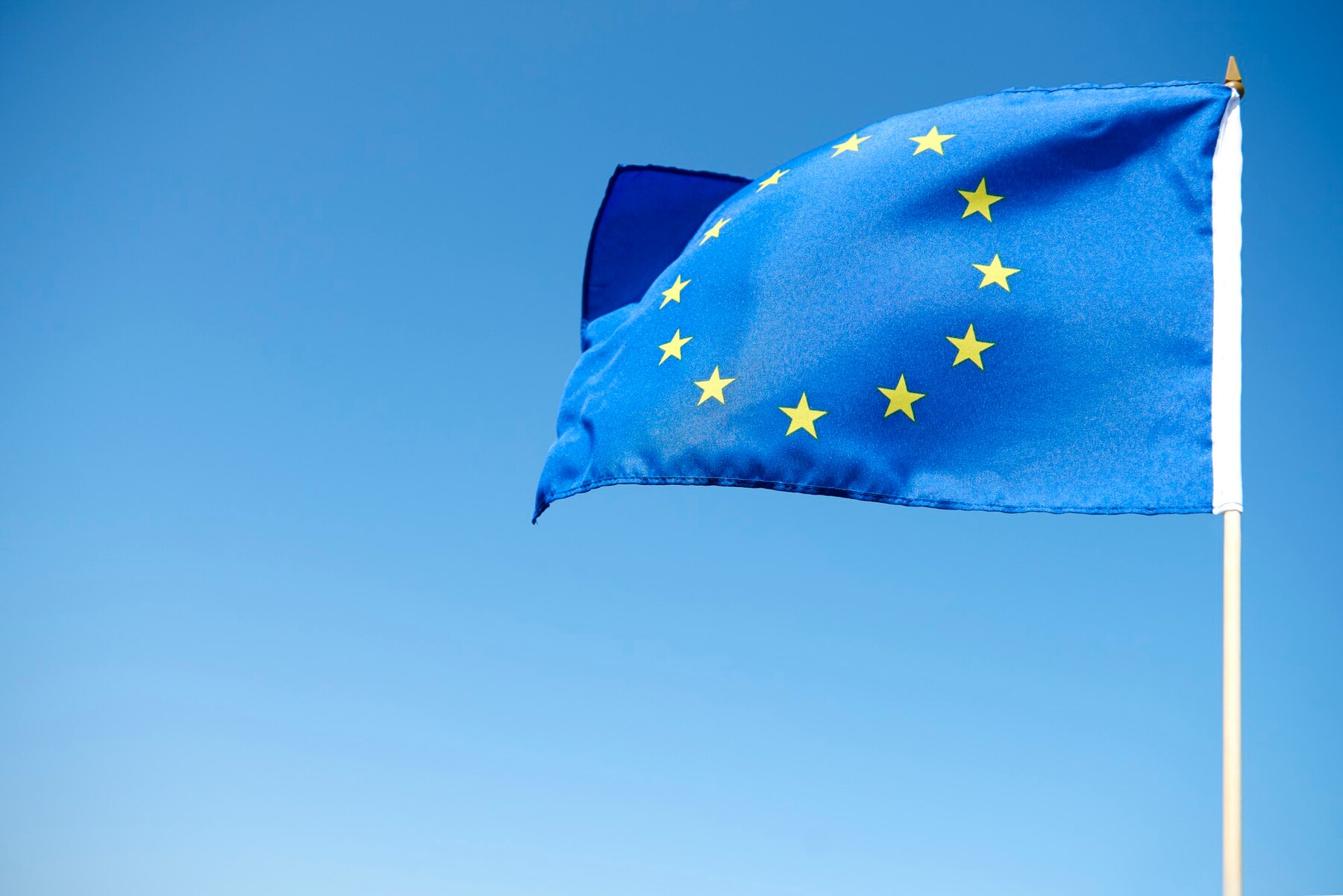The European Union‘s AI Act has become a pivotal piece of legislation across the continent, aiming to regulate artificial intelligence through a risk-based framework. Natasha, a senior reporter for TechCrunch based in Europe, has been closely following developments since the AI Act became law last year. The Act, which prohibits certain “unacceptable risk subliminal techniques,” recently reached its first compliance deadline. However, enforcement remains incomplete as EU Member States have until August 2 to designate oversight bodies.
Natasha brings a wealth of experience to her reporting. She joined TechCrunch in September 2012 and has over five years of experience covering business technology for silicon.com, now part of TechRepublic. Before her tenure at TechCrunch, she reviewed smartphones for CNET UK. Her academic credentials include a First Class degree in English from Cambridge University and an MA in journalism from Goldsmiths College, University of London. Additionally, she has freelanced for major organizations like The Guardian and the BBC.
EU Guidance on AI Act Compliance
The European Commission has issued guidance for developers on complying with the AI Act, yet these guidelines are not legally binding. Breaches of the law could result in hefty penalties, potentially up to 7% of global turnover or €35 million, whichever is greater.
“The guidelines are designed to ensure the consistent, effective, and uniform application of the AI Act across the European Union,” – The Commission
The guidance offers legal explanations and practical examples to assist stakeholders in understanding and adhering to the Act’s requirements.
“The guidelines provide legal explanations and practical examples to help stakeholders understand and comply with the AI Act’s requirements,” – The Commission
While the guidelines aim to clarify compliance, ultimate enforcement and adjudication will fall to regulators and courts.
Author’s Opinion
The European Union’s AI Act is a significant and necessary step toward regulating the rapidly advancing AI industry. However, the lack of legally binding guidelines and incomplete enforcement indicates that much work remains to be done to ensure consistency and accountability. The emphasis on compliance and penalties highlights the Act’s potential to reshape how AI systems are deployed, but its success will ultimately depend on the efficiency and clarity with which regulators enforce the law.









